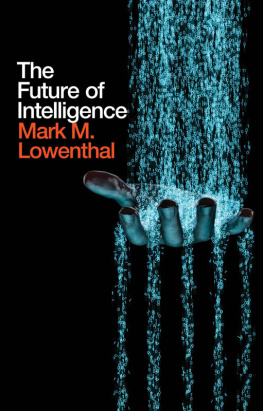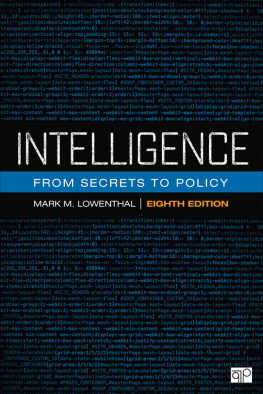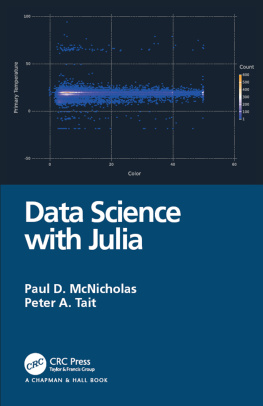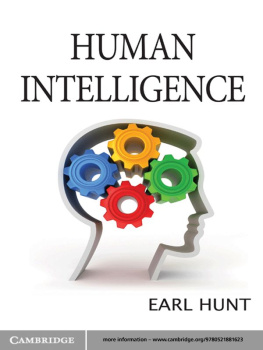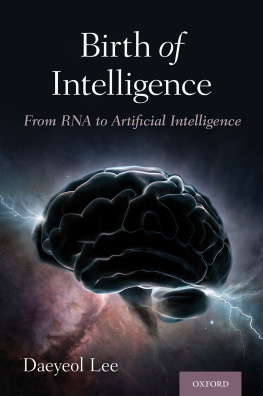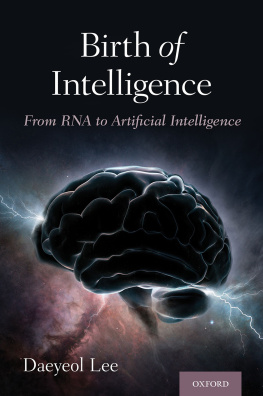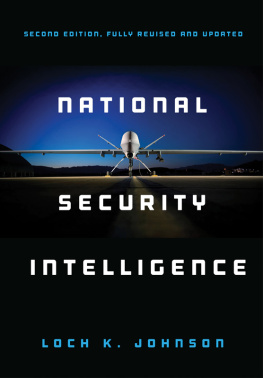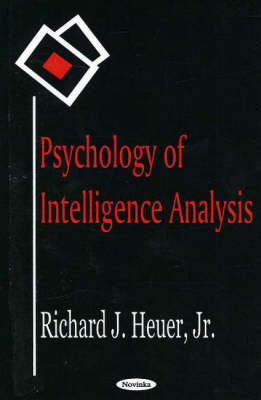
Series page
To the men and women of the intelligence services of the Western democracies, who perform extraordinary and crucial service within the law and under difficult conditions.
Copyright page
Copyright Mark M. Lowenthal 2018
The right of Mark M. Lowenthal to be identified as Author of this Work has been asserted in accordance with the UK Copyright, Designs and Patents Act 1988.
First published in 2018 by Polity Press
Polity Press
65 Bridge Street
Cambridge CB2 1UR, UK
Polity Press
101 Station Landing, Suite 300
Medford, MA 02155 USA
All rights reserved. Except for the quotation of short passages for the purpose of criticism and review, no part of this publication may be reproduced, stored in a retrieval system or transmitted, in any form or by any means, electronic, mechanical, photocopying, recording or otherwise, without the prior permission of the publisher.
ISBN-13: 978-1-5095-2028-2 (hardback)
ISBN-13: 978-1-5095-2029-9 (paperback)
A catalogue record for this book is available from the British Library.
Typeset in 11 on 13 pt Sabon
by Toppan Best-set Premedia Limited
Printed and bound in Great Britain by Clays Ltd, St Ives PLC
The publisher has used its best endeavors to ensure that the URLs for external websites referred to in this book are correct and active at the time of going to press. However, the publisher has no responsibility for the websites and can make no guarantee that a site will remain live or that the content is or will remain appropriate.
Every effort has been made to trace all copyright holders, but if any have been inadvertently overlooked the publisher will be pleased to include any necessary credits in any subsequent reprint or edition.
For further information on Polity, visit our website: politybooks.com
Preface
In Greek mythology, the ability to see the future came at a high price. Prometheus, whose name means foresight, gave fire to man and was condemned to eternal painful punishment by Zeus. Teiresias, the seer in the Oedipus cycle, received foresight from Zeus to compensate for being blinded by Hera. Cassandra, a princess of Troy, may be most pertinent for an intelligence officer. Apollo gave her the gift of prophecy but, when she spurned him, he condemned Cassandra never to be believed.
I trust that writing a book on the future of intelligence is less fraught with danger. But it is, nonetheless, difficult. Intelligence is, at once, easy to define but amorphous. There are three essential activities in intelligence: collecting intelligence; analyzing intelligence; and conducting certain operations. Within each category are a variety of types of collection, analysis, and operations. Everything else is supportive of these three core functions. Each of these activities has a long past and both good and not-so-good traditions. In addition, each of them is conducted differently in every country, even among nations whose intelligence services are closely allied, such as the United States and Britain.
Why write this book now? The answer is that intelligence has gone through and will continue to go through a series of changes brought about by both technology and events, all done in the midst of increased scrutiny and public knowledge. Intelligence professionals may see this as a potentially dangerous combination, and that may be so, but they are also manageable if handled properly in the early phases. That said, this book is not intended to be prescriptive. It is more like reconnaissance, surveying the surrounding terrain to ascertain its features and to determine where the opposition may lie. In this case, the terrain is intelligence itself as well as the factors, issues, and trends that will both challenge intelligence and require it to change.
Throughout the long history of the Cold War there was something remote about intelligence. Even though the ultimate threat was a strategic nuclear exchange between the West and the Soviet Union this seemed, except for a few very specific crises, a far-off possibility. The Soviet menace was real enough but it did not seem overly proximate to the average citizen, unless you were close to the edge of the Iron Curtain itself. The terrorist war that is usually dated from September 11, 2001 although al Qaeda attacks date back to at least 1992 has been marked by attacks on the homeland in the United States, London, Madrid, and later, Paris and Nice. This was more troubling and created immediate and understandable political demands for intelligence to do something about it. This sort of shortsighted sentiment is always dangerous for intelligence officers, because policy makers and the public want action, and most do not care about the specifics, until they learn about them later or have time to reflect. This certainly has been the case for US intelligence, which found itself deserted by many of those same Members of Congress who had urged it to any and all action in the days immediately after 9/11.
As noted, this intelligence activity also took place within a greatly changed information milieu: the twenty-four-hour news cycle, which is often a beast that must be fed, especially when there is not much news; and the rise of social media of all sorts, which requires no authentication, and tends to be dominated by people seeking reinforcement of their views rather than probing them for veracity. To this we must add the effect of intelligence leaks, especially that perpetrated by Edward Snowden, a contract employee of the National Security Agency, which not only exposed the details of legally enacted collection programs but much else besides that had nothing to do with the programs that Snowden said had prompted his actions. But the public discourse following these leaks was dominated by those expressing outrage. Little time or space was given to those who understood the legality and the necessity of the programs.
I have framed the discussion in this book as a series of vectors or choices that offer both opportunities and potential obstacles or threats to intelligence, depending on how they are addressed. As I said, I have tried to be a scout, not a seer. I see this book as part of an important ongoing conversation about how and where intelligence could be headed in the years ahead.
Several words of thanks are in order. First, to the staff of Polity Press, especially Louise Knight, who invited me to undertake this task, and Nekane Tanaka Galdos, who oversaw the process. Several individuals were very generous with their time and expertise, offering important insights from which I have greatly profited: first and foremost, my wife Cynthia; also Jamie Baker, Christopher Bidwell, Robert Clark, Dewey Houck, Letitia Long, Carmen Medina, William Nolte, Harvey Rishikof, Lewis Shepherd, Douglas Thomas, and Alan Wade. Cynthia also read and edited the entire manuscript, greatly improving both the argumentation and the flow. I must also mention our children, Sarah and Adam, for their constant support and encouragement.
I also had the opportunity to speak with US and foreign intelligence officials who were very generous with their time but will remain anonymous.
None of the above-named individuals is responsible for the views or opinions expressed in this book.
What this Book is About
Intelligence initially defined here somewhat narrowly as the effort to obtain and to analyze information required by national leaders has a long past. Intelligence is one of the oldest organized human activities, often referred to somewhat archly as the second oldest profession. The recorded reigns of rulers and the chronicles of their wars are older. But the oldest reference to intelligence in Western literature is the story in the
Next page
